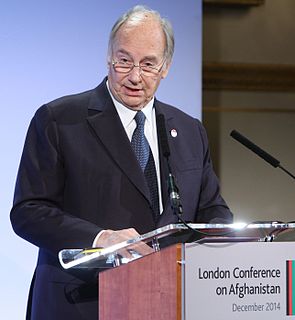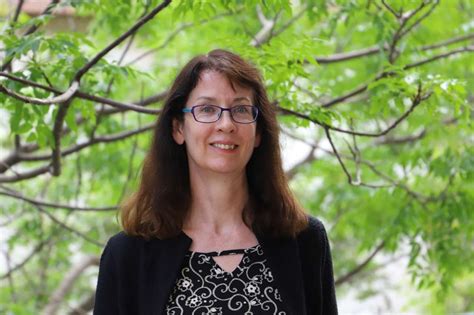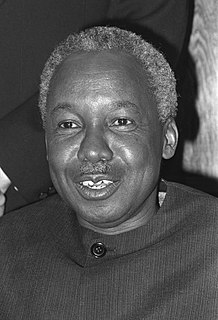A Quote by Henry Giroux
Individual interests now trump any consideration of the good of society just as all problems are ultimately laid at the door of the solitary individual, whose fate is shaped by forces far beyond his or her capacity for personal responsibility.
Related Quotes
We live in such a corporate world where everyone is passing the buck, it seems to me. Therefore I like stories where the individual takes responsibility for BEING the individual, and not just for himself, but for his comrades, his society and ultimately for his country. Ultimately, we can all learn a lesson from that and not be browbeaten by the corporate world which is taking over.
Every animal has his or her story, his or her thoughts, daydreams, and interests. All feel joy and love, pain and fear, as we now know beyond any shadow of a doubt. All deserve that the human animal afford them the respect of being cared for with great consideration for those interests or left in peace.
Democracy maintains that government is established for the benefit of the individual, and is charged with the responsibility of protecting the individual, and is charged with the responsibility of protecting the rights of the individual and his freedom in the exercise of his abilities. Democracy is based on the conviction that man has the moral and intellectual capacity, as well as the inalienable right, to govern himself with reason and justice.
Just as a moral distinction is drawn between "those at risk" and "those posing a risk", health education routinely draws a distinction between the harm caused by external causes out of the individual's control and that caused by oneself. Lifestyle risk discourse overturns the notion that health hazards in postindustrial society are out of the individual's control. On the contrary, the dominant theme of lifestyle risk discourse is the responsibility of the individual to avoid health risks for the sake of his or her own health as well as the greater good of society.
Our society tends to regard as a sickness any mode of thought or behavior that is inconvenient for the system and this is plausible because when an individual doesn't fit into the system it causes pain to the individual as well as problems for the system. Thus the manipulation of an individual to adjust him to the system is seen as a cure for a sickness and therefore as good.
Under the regime of neoliberalism, individual responsibility becomes the only politics that matters, and serves to blame those who are susceptible to larger systemic forces. Even though such problems are not of their own making, neoliberalism's discourse insists that the fate of the vulnerable is a product of personal issues ranging from weak character to bad choices or simply moral deficiencies. This makes it easier for its advocates to argue that poverty is a deserved condition.
Freedom is necessary for two reasons. It's necessary for the individual, because the individual, no matter how good the society is, every individual has hopes, fears, ambitions, creative urges, that transcend the purposes of his society. Therefore we have a long history of freedom, where people try to extricate themselves from tyranny for the sake of art, for the sake of science, for the sake of religion, for the sake of the conscience of the individual - this freedom is necessary for the individual.
There is a very broad theory that society gets the right to hang, as the individual gets the right to defend himself. Suppose she does; there are certain principles which limit this right. Society has got the murderer within four walls; he never can do any more harm. Has society any need to take that man's life to protect itself? If any society has only the right that the individual has, she has no right to inflict the penalty of death, because she can effectually restrain the individual from ever again committing his offence.
Having come into contact with a civilization which has over-emphasized the freedom of the individual, we are in fact faced with one of the big problems of Africa in the modern world. Our problem is just this: how to get the benefits of European society - benefits that have been brought about by an organization based upon the individual - and yet retain African's own structure of society in which the individual is a member of a kind of fellowship.



































